- This event has passed.
EN Webinar: Tankless Gas Water Heaters
January 18, 2023 @ 12:00 pm - 1:30 pm PST

Tankless Gas Water Heaters – The Infamous Methane Puff
Tankless gas water heaters emit methane every time they ignite. How does this impact their carbon emissions compared to other technologies?
Are tankless gas water heaters as environmentally friendly as their reputation? Because they work on demand, they are known as the most energy efficient option, and as more homeowners embrace sustainable choices, sales of tankless models have increased dramatically. However, the vast majority of tankless water heaters run on fossil fuels (natural gas) and new research shows that they emit a puff of methane every time they turn on. This methane leakage works against their efficiency benefits and increases their contribution to climate warming.
This webinar will feature the Stanford team that led research on methane emissions from tankless gas water heaters and other gas appliances. We will explore the facts on tankless gas water heating in regards to efficiency, cost of operation and carbon emissions. We will compare tankless gas water heaters to storage water heaters and heat pump water heaters which have emerged in the last decade as an important tool to decarbonize water heating and save families money.
We will answer the following questions:
- What is a tankless gas water heater and how does it work?
- Why does it enjoy a reputation as an environmental solution?
- What does the research say about methane leakage with tankless gas water heaters?
- How does this information effect the comparison of tankless gas water heaters to storage water heaters and heat pump water heaters for efficiency, operating costs and carbon emissions?
Panelists
Dr. Eric Lebel – Research Scientist, PSE Healthy Energy Dr. Lebel graduated from Stanford University with a PhD in Environmental Earth System Science. His research focuses on emissions of methane and health-damaging air pollutants in California. Specifically, he studies abandoned oil and gas wells and residential appliances. He has worked to develop new methods for quantifying these emissions and has designed and executed research campaigns to systematically quantify emissions of methane and other pollutants throughout the state. Overall, Dr. Lebel is interested in using his research to promote building electrification, decrease dependence on oil and natural gas, and transition to cleaner sources of energy.

